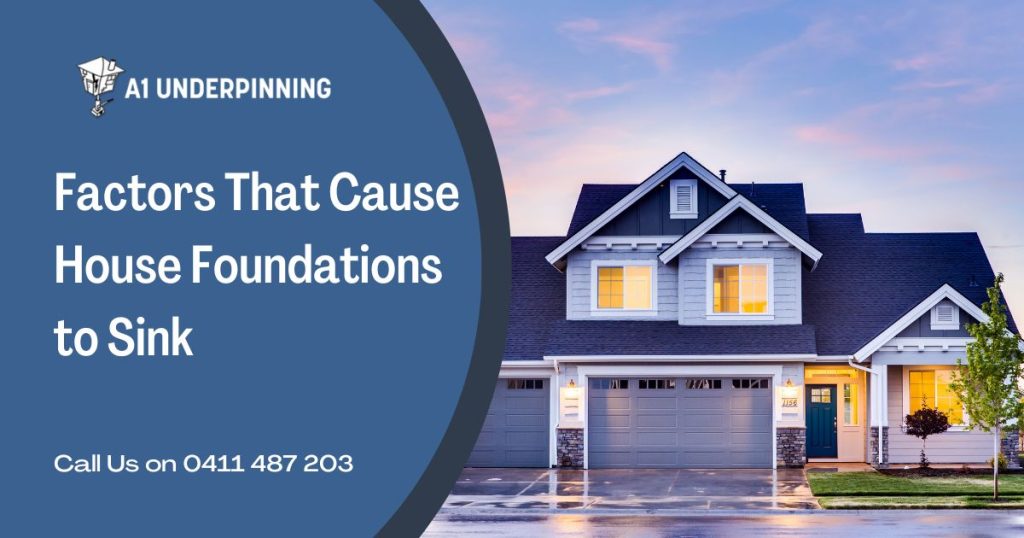Reasons You May Need Underpinning
1. Your home or business is built on unstable ground
If the soil underneath your home or business is unstable, it can cause the foundation to settle or sink. This can lead to cracks in your walls, floors, ceilings, and doors and windows that won’t close properly. Underpinning can stabilise the foundation and prevent further damage.
2. You’ve added an addition to your home or business
If you’ve added an addition to your home or business, the new foundation may not be as strong as the existing one. Underpinning can help to strengthen the new foundation and prevent it from settling.
3. You’re planning to excavate near your home or business
If you’re planning to excavate near your home or business, underpinning can help to prevent the foundation from settling. Excavation can cause the soil to compact, which can lead to settlement. Underpinning can help to stabilise the foundation and prevent further damage.
4. There is water damage to your foundation
Water can damage your foundation and cause it to settle. If you have water damage to your foundation, underpinning can help to stabilise the foundation and prevent further damage.
5. The foundation is cracked
If the foundation is cracked, it can allow water to enter the home or business, which can lead to further damage. Underpinning can help to stabilise the foundation and prevent further damage.
6. The foundation is sinking
If the foundation is sinking, it can cause cracks in your walls, floors, and ceilings. Underpinning can help to stabilise the foundation and prevent further damage.
7. The home or business is structurally unsound
If the home or business is structurally unsound, it can be unsafe. Underpinning can help to stabilise the foundation and make the home or business safe.
8. You want to sell your home or business
If you’re planning to sell your home or business, underpinning can help to increase the value of the property. Buyers may be reluctant to purchase a home or business with a damaged foundation. Underpinning can help to stabilise the foundation and make the property more attractive to buyers.
9. Your home is built in the 1980’s or before
If your home was built in 1980, there’s a good chance that the foundation wasn’t built to today’s standards. In fact, homes built before the early 1990s are likely to have shallower foundations than those built since then. This can cause problems if your home is located in an area with a high water table or if the soil is particularly sandy or clay-based.
10. Cracks in walls and floors
If you have cracks in your walls or floors, it could be a sign that your foundation is failing and in need of underpinning. Other signs to watch out for include doors and windows that are sticking or won’t close properly, cracks in the brickwork, and gaps between the floor and the wall.
11. Doors & windows are jammed and hard to open
If your doors and windows are jammed and hard to open, you may need underpinning. If your doors and windows are jamming because the foundation is settling, you may need to have the foundation repaired or replaced.


